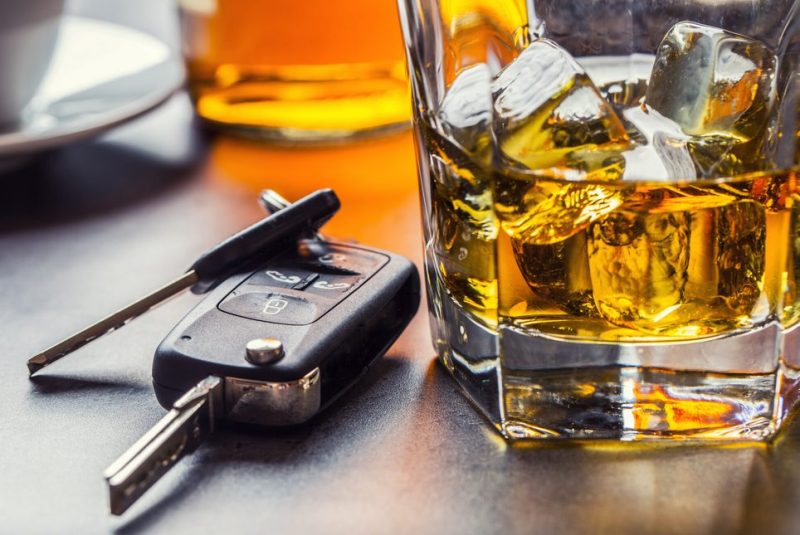Did you know that every year more than 38,000 people in the U.S. die in car accidents caused by drunk drivers? This number can be greatly reduced by avoiding driving drunk in the first place. You may be wondering about a DUI charge and what happens if a police officer pulls you over.
This article will help you analyze the answer to questions like, “What is a DUI charge?” and “What is drunk driving?”
Don’t wait for an emergency to consider what you would do in the above scenario. Decide now what you would do, because, at that moment, you may not be capable of assessing your options. Strengthen your resolve to stay away from getting behind the wheel after drinking, now that you can consider the damage.
What is a DUI Charge?
If caught behind the wheel while intoxicated, you may be charged with driving under the influence (DUI). A DUI charge is issued if you are found operating a vehicle while impaired by alcohol or drugs.
You will always have two options: get behind the wheel and drive, or don’t. While it may seem like an oversimplification, consider the following information from the National Highway Traffic Safety Administration (NHTSA):
- Approximately one person dies every hour in a drunk-driving-related incident
- 10,142 people died in 2019 due to drunk driving
- Car accidents are a leading cause of death for teenagers
How is it Determined if you are Drunk Driving?
Breath alcohol content and blood alcohol content (also known as blood alcohol concentration) are used to measure the level of alcohol in the body. Typically, if you get pulled over, a police officer will administer a breathalyzer test to check your breath alcohol level.

What does a DUI Charge Entail?
DUI charges vary by state and whether there is a history of prior DUI offenses. Let’s compare first-time offenses in Virginia and New York.
Fines
The amount you can be fined in New York for driving under the influence is between $500 to $1,000. Virginia fines first-time offenders a minimum of $250.
Imprisonment
New York has no minimum jail time, whereas Virginia has a minimum requirement of 5 days. Your penalty may be higher depending on your alcohol level.
Other DUI Charge Consequences
In some cases, there are other punishments, such as probation, community service, or mandated rehabilitation. In many cases, you may face a license suspension or the requirement to install an Ignition Interlock Device (IID). An IID administers a breath test prior to starting the vehicle, denying access to anyone intoxicated from driving.
The specifics of your case will depend on the state you reside in and your alcohol content at the time you were driving while intoxicated. To fight these charges, you may consider hiring an experienced attorney. Click here to find a team that can help you navigate the legal system and weigh your options.
Find a DUI Lawyer Today
What is a DUI charge? If your blood or breath alcohol content is over the legal limit while you are operating a vehicle, you may face fines, jail time, and even lose your license.
Remember to call an Uber or seek an alternate ride home, rather than drive drunk and risk the deadly consequences.

